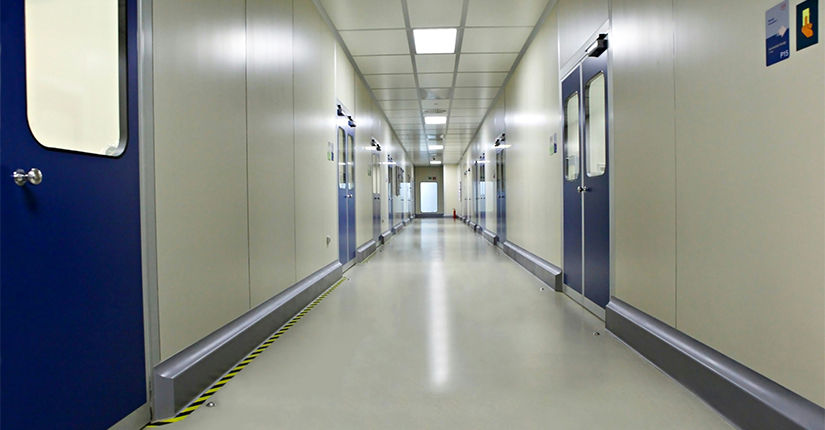- Clinic:
- 0733 945 717
- 0739 434 212

Futile medical treatments aren’t of value
July 14, 2025
A bodysuit to help with painful periods
July 25, 2025Avoid hospital admissions at all costs

When’s the last time you visited someone admitted in a hospital? If you are the curious type, you might have noticed that the wards appeared almost overcrowded with in-patients. This is especially so in public and faith-based hospitals. But it isn’t any different in the more exclusive private facilities, where a hospital bed can set you back much more than a night’s stay in a five star hotel. Many have observed that a number of inpatients appear pretty well. Why then are they all confined to hospital beds?
Let’s be clear from the start. Some people will be sick enough that they can only be treated within the confines of a hospital. Some illnesses require initial stabilization and intense monitoring which cannot be done in any other way. Hospital admission therefore becomes inevitable. The other extreme is individuals who are so well that keeping them in hospital is completely unnecessary. And then there is an in between group. These are folks whose illnesses can be managed either way, but who mostly get admitted into hospitals when this could easily be avoided.
There are plenty of reasons why you and your folk should try your best to avoid hospital admissions. Of course the easiest way is not to ever get sick. But we are all ordinary mortals and can’t really avoid catching the odd ailment. If something catches you and you end up in a hospital, be very clear that it is serious enough to warrant getting admitted. Otherwise, get yourself managed as an out-patient.
Lots can happen to you as an in-patient. Those admitted are more likely to get over-treated. You get more tests done, even when some are completely unnecessary and unrelated to what brought you in. You might get additional and unnecessary medication, likely delivered as injections or infusions even when you could have managed to take by mouth. All sorts of specialists will be asked to review you, and they may find something new which wasn’t ever going to harm you. Not to mention hospital acquired infections and rising medical bills.
A good fraction of those on hospital beds can do well, or even better, if they were treated as out-patients. Most non-critical illnesses don’t require close monitoring and unending reviews. What’s required is a non-ambiguous diagnosis, and a clear focus on treatment goals. Medications can be taken at home, and patients can be instructed on self-monitoring. Majority of patients will adhere to clear instructions about how to respond to unexpected eventualities as well.
You only want to occupy a hospital bed when it’s absolutely necessary. And get out soonest possible. Ambulatory care means the majority can be treated wherever they are. There may be non-clinical reasons why hospitals will want their beds full to capacity. But never accept a hospital admission when its medical value is questionable.
Dr Alfred Murage is a Consultant Gynecologist and Fertility Specialist. amurage@mygyno.co.ke
